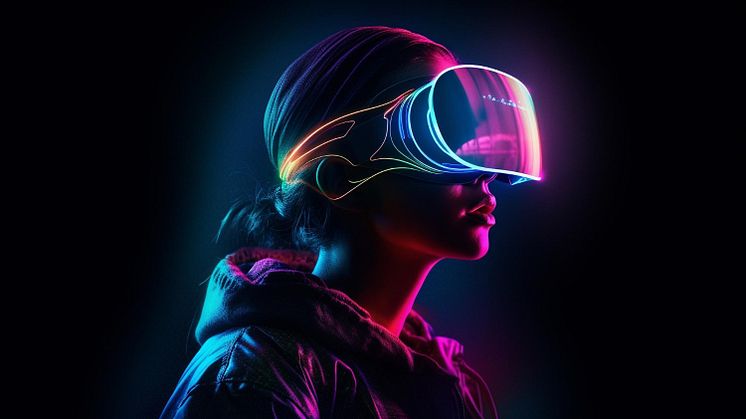
Pressmeddelande -
Google’s Return to VR: A Fresh Start in Virtual Reality
Earlier this week, stories appeared about Google's search for partners in its next project, the AndroidXR initiative. While the official name for this spatial computing-focused version of Android has yet to be revealed, it is slated to launch alongside the Samsung XR headset later this year.
However, Google's new strategy parallels its mistakes with the Wear OS 3 rollout, which handed Samsung exclusivity for a year, eventually contributing to the downfall of companies such as Fossil. Andrew Bosworth, Meta's Chief Technology Officer, believes that Google is imposing terms rather than partnering with Meta, a crucial participant in the XR business.
When asked for comment, Google declined, highlighting the tensions in the XR ecosystem. Bosworth notes Google's unwillingness to allow the Play Store on Meta's Quest operating system, which limits app compatibility and market reach.
In the middle of these tensions, Google and Meta can reach an agreement through mutual concessions. While Meta aims to be the "Android of VR," it has yet to expand its OS beyond its own gear. Conversely, Google's refusal to incorporate the Play Store into Meta's headsets limits possible revenue streams.
This deadlock has the potential to mimic the Android tablet industry, where bespoke Android versions are dominant. Meanwhile, Samsung's upcoming XR headset seeks to replicate the luxury experience of Apple's Vision Pro, indicating a shift toward media-centric solutions. In the middle of these developments, InvoGames - a VR game development company is also at the forefront in developings games and apps for Apple Vision Pro.
The current urgency is for Google and Meta to identify common ground and develop partnership. Failure to do so risks stifling XR's growth, mirroring previous industry failures. If Google is serious about XR's success, it needs to prioritize compromise and cooperation right away.
Furthermore, despite the Google-Meta schism, the XR business is experiencing fascinating advances. Meta's recent collaboration with LG on the Meta Quest Pro 2 marks a departure from the gaming-centric focus of its previous headsets. Meta intends to portray the Quest Pro 2 as a professional-grade device by leveraging LG's WebOS, which it acquired from Palm. While this approach may address some issues, such as app compatibility, it highlights the fragmentation of the XR environment.
In contrast, Samsung's approach to its future XR headset suggests a seamless integration of hardware and software, similar to Apple's plan with the Vision Pro. By emphasizing premium features and media consumption, Samsung hopes to threaten Apple's XR supremacy.
In light of these developments, the XR industry is at a crossroads. Collaboration and compromise are critical for fostering innovation and realizing the full potential of XR technologies. To ensure XR's long-term viability, industry giants such as Google, Meta, and Samsung must prioritize collaboration and user experience.
